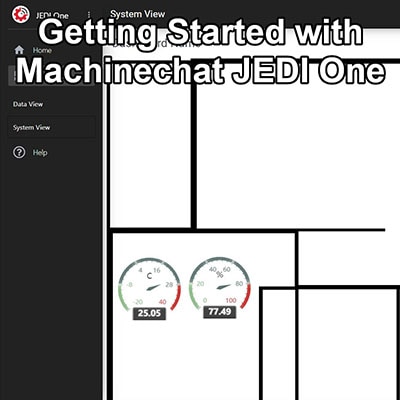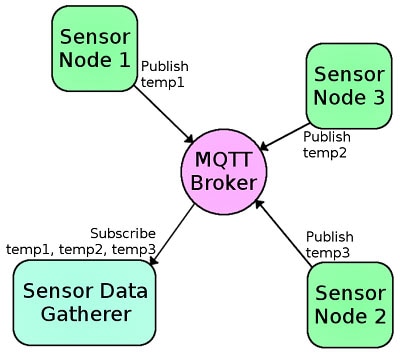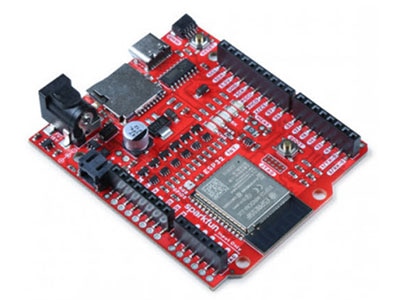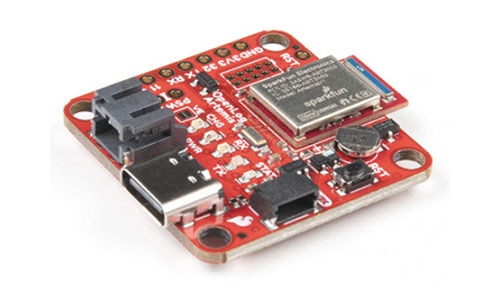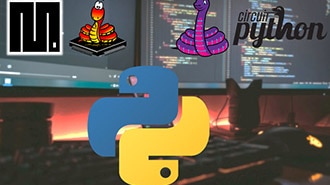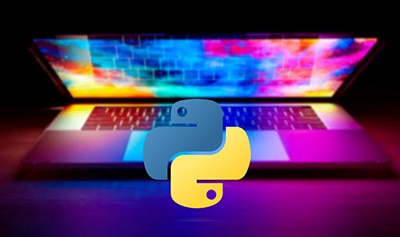Machinechat and SparkFun, Bringing AI-Powered IoT to the Masses
2025-04-04 | By Nate_Larson
The Internet of Things (IoT) has transformed industries by converting raw sensor data into valuable insights and automation. However, creating a functional IoT system has typically required a deep understanding of hardware, firmware, networking, and cloud infrastructure. Enter GenAI—generative AI that simplifies IoT development and lowers the barriers to entry for makers, engineers, and innovators.
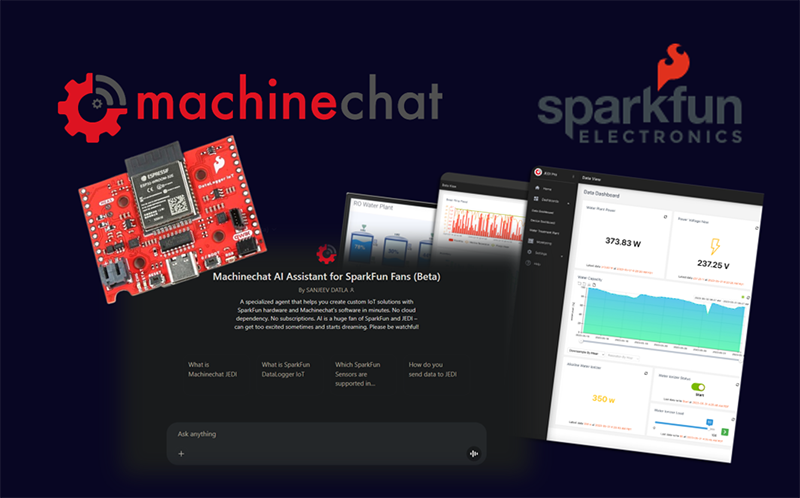
The Complexity of IoT Development
For anyone who has tried to build an IoT system from scratch, the challenge is clear. A typical workflow includes selecting sensors, wiring them up, writing firmware, setting up a database, designing dashboards, and configuring alerts. Traditional IoT platforms often introduce layers of complexity, requiring subscriptions and proprietary services that limit flexibility.
To make AI-assisted IoT development truly accessible, three things are essential:
- Plug-and-play hardware that eliminates soldering and complex wiring.
- Consistent, open-source drivers that enable GenAI to generate reliable code.
- Lightweight, self-hosted software for managing, visualizing, and acting on data without subscriptions.
A Streamlined IoT Stack
A new ecosystem is emerging that addresses these needs, combining SparkFun’s Qwiic sensors, open-source Python/MicroPython drivers, and Machinechat JEDI software.
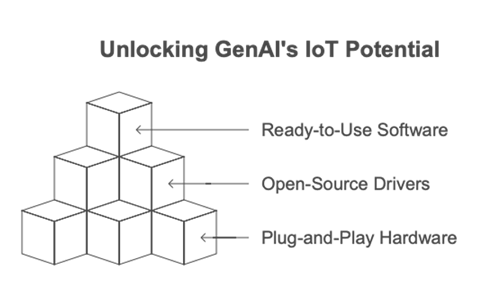
Hardware: SparkFun Qwiic Sensor Ecosystem
The Qwiic system is designed for rapid prototyping and deployment. With I2C-based plug-and-play connectivity, sensors like temperature, humidity, air quality, motion, and more can be snapped into place without soldering. The SparkFun Qwiic SHIM makes these sensors compatible with Raspberry Pi, allowing users to connect 50+ sensors effortlessly.
For those who want a completely code-free wireless data acquisition solution, the SparkFun DataLogger IoT provides Wi-Fi connectivity for real-time sensor data collection, eliminating the need for driver installations and firmware development.

Software: Machinechat JEDI
MachineChat's JEDI software streamlines IoT data management. This compact, self-hosted application is only 30MB and includes built-in dashboards, storage, alerts, and reporting features—all without any recurring fees. Unlike cloud-based solutions that require a constant internet connection and may pose data privacy concerns, JEDI functions entirely on local hardware. This setup ensures greater control over your data and enhances privacy. With JEDI Pro, users can even brand the interface and customize data collection.
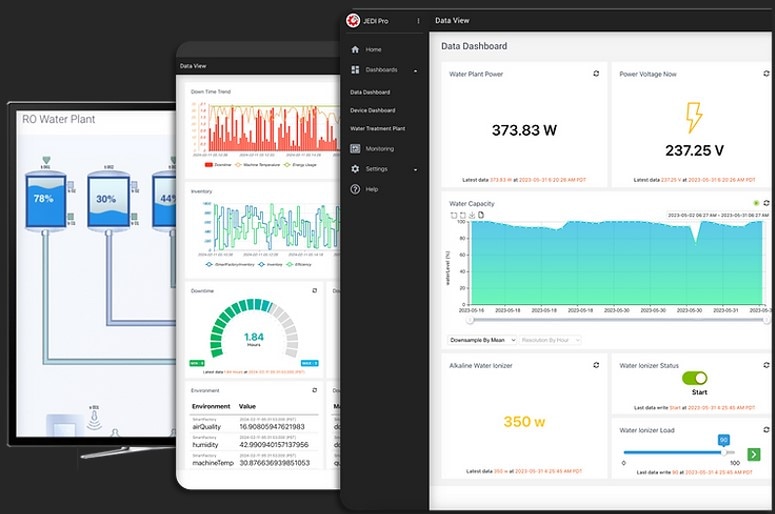
Open-Source Drivers
GenAI thrives on consistency. SparkFun’s Python/MicroPython driver library provides standardized APIs across 47+ sensors, ensuring that AI-generated scripts work reliably across different hardware components. This structured approach allows GenAI to pick the right driver, generate functional code, and even troubleshoot issues.
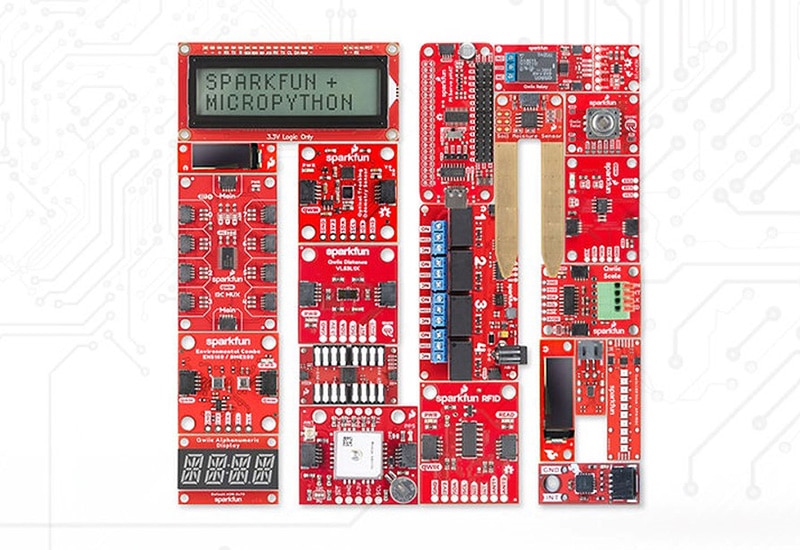
AI-Powered IoT Development
With these tools in place, AI-driven IoT development becomes a reality. Instead of manually writing code and debugging configurations, users can interact with a generative AI model to:
The Machinechat AI Assistant for SparkFun helps users design and deploy IoT projects through simple text prompts.

Real-World Applications
Early adopters are already leveraging AI-powered IoT solutions to solve real problems:
- Greenhouse Monitoring: A Canadian entrepreneur developed an automated climate monitoring system, giving farmers real-time insights into temperature and humidity.
- Energy Optimization: A California physicist built AI-assisted energy-saving solutions, helping clients qualify for rebates.
- Industrial Efficiency: An Idaho engineer integrated real-time machine monitoring, maximizing utilization and minimizing downtime.
The Future of AI-Assisted IoT
By combining generative AI with plug-and-play hardware, open-source drivers, and intuitive software, IoT development is no longer reserved for large enterprises. Whether you’re an educator building interactive projects, a small business optimizing operations, or a maker experimenting with new ideas, the tools are now within reach.
Want to try it yourself? Check out the Machinechat AI Assistant for SparkFun and start building.
- Try Machinechat JEDI for Free
- Explore SparkFun’s Qwiic System
- Discover SparkFun DataLogger IoT
- Chat with the Machinechat AI Assistant for SparkFun







